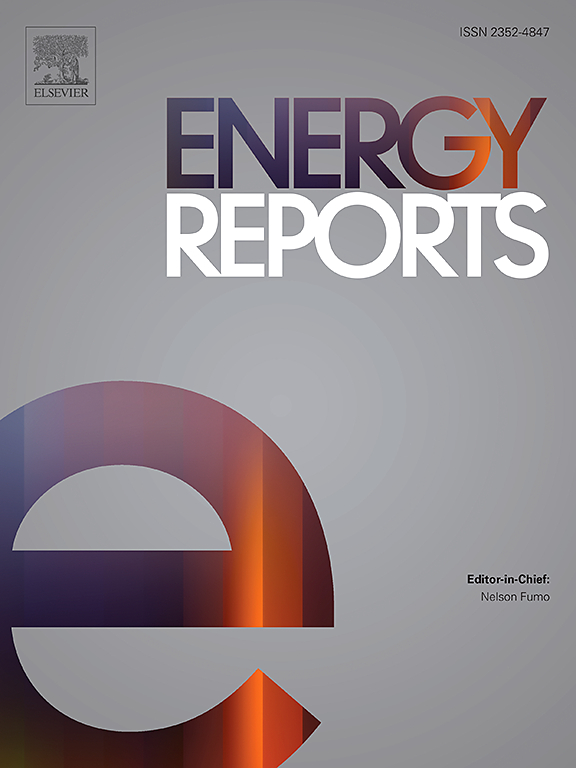Government subsidies, rent-seeking and investment efficiency in China's renewable energy industry: The suppressing role of R&D investment
IF 5.1
3区 工程技术
Q2 ENERGY & FUELS
引用次数: 0
Abstract
Under China’s low-carbon transition strategy, renewable energy investment efficiency is essential to drive green transformation and meet carbon neutrality goals. This study investigates the impact of government subsidies on investment efficiency in China’s renewable energy sector, emphasizing the roles of Research and Development (R&D) investment and rent-seeking behavior. Investment efficiency, measured inversely based on inefficient investment following the Richardson model, is negatively affected by subsidies (β = 0.0059, p < 0.05), with rent-seeking further exacerbating this impact (β = 0.12, p < 0.05 for the interaction term). R&D investment suppresses the adverse influence of subsidies on investment efficiency, as subsidies positively affect R&D investment (β = 0.0061, p < 0.01) and R&D investment positively influences investment efficiency (β = −0.104, p < 0.05). The interaction between rent seeking and government subsidies reduces the effectiveness of subsidies in boosting R&D investment (β = −0.109, p < 0.05). Subsample analysis reveals that subsidies reduce investment efficiency in State-Owned Enterprises (SOEs) (β = 0.0085, p < 0.1) but improve it in non-state-owned enterprises (non-SOEs) (β = −0.0143, p < 0.05), with rent-seeking exacerbating inefficiency in SOEs (β = 0.146, p < 0.05 for the interaction term). The study suggests that targeting subsidies based on firm characteristics and promoting innovation while avoiding rent-seeking could enhance their effectiveness and inform more sustainable and targeted energy policy interventions in the renewable energy sector.
中国可再生能源产业的政府补贴、寻租与投资效率:研发投资的抑制作用
在中国的低碳转型战略下,可再生能源投资效率对于推动绿色转型和实现碳中和目标至关重要。本研究考察了政府补贴对中国可再生能源领域投资效率的影响,强调了研发投资和寻租行为的作用。投资效率(基于Richardson模型的非效率投资反向测量)受到补贴的负向影响(β = 0.0059, p <; 0.05),寻租进一步加剧了这种影响(β = 0.12, p <; 0.05)。研发投资抑制了补贴对投资效率的不利影响,补贴正向影响研发投资(β = 0.0061, p <; 0.01),研发投资正向影响投资效率(β = - 0.104, p <; 0.05)。寻租与政府补贴之间的相互作用降低了补贴促进研发投资的有效性(β = - 0.109, p <; 0.05)。子样本分析显示,补贴降低了国有企业(SOEs)的投资效率(β = 0.0085, p <; 0.1),但提高了非国有企业(非国有企业)的投资效率(β = - 0.0143, p <; 0.05),寻租加剧了国有企业的效率低下(β = 0.146, p <; 0.05)。研究表明,在避免寻租的同时,根据企业特点制定补贴目标,促进创新,可以提高补贴的有效性,并为可再生能源领域更具可持续性和针对性的能源政策干预提供信息。
本文章由计算机程序翻译,如有差异,请以英文原文为准。
求助全文
约1分钟内获得全文
求助全文
来源期刊

Energy Reports
Energy-General Energy
CiteScore
8.20
自引率
13.50%
发文量
2608
审稿时长
38 days
期刊介绍:
Energy Reports is a new online multidisciplinary open access journal which focuses on publishing new research in the area of Energy with a rapid review and publication time. Energy Reports will be open to direct submissions and also to submissions from other Elsevier Energy journals, whose Editors have determined that Energy Reports would be a better fit.
 求助内容:
求助内容: 应助结果提醒方式:
应助结果提醒方式:


